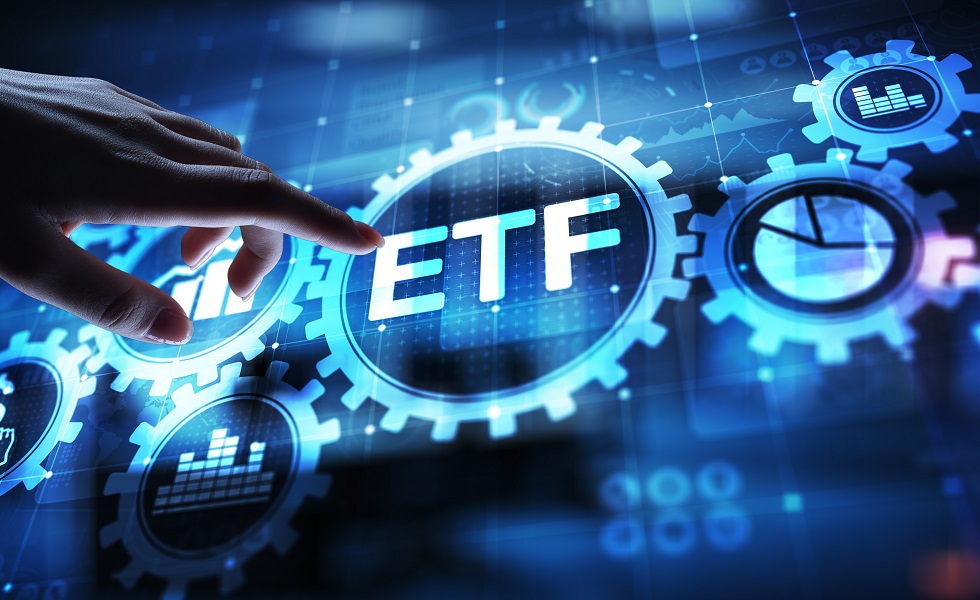Fidelity International: US ETFs once again face net outflows

After a brief pause in US-focused ETF outflows in May, these once again faced negative outflows in June, particularly in the second half of the month.
'The positive signals in the trade dispute between China and the US in May led investors to turn back to the US. However, with further geopolitical tensions emerging in June, investors have once again turned to Europe', comments Alastair Baillie Strong, Global Head of ETFs at Fidelity International. 'Europe is experiencing consistently higher inflows than the US. Although the EU tariff negotiations with the US are not yet concluded and may influence net fund inflows into European ETFs, diversification is the order of the day, from which Europe is currently benefiting', he adds.
Overall, the ETF market slowed down significantly in June to USD 24 billion compared to the previous month, but achieved higher inflows than in April, the lowest net inflow this year. Notably, there is a decreasing momentum in equity ETFs. In contrast, bond ETFs were more sought after compared to the 3- and 12-month averages.
Market event of the month: Significant slowdown in equity ETFs
Bond ETFs managed to accelerate and gain again in June following net inflows in May, with both the US and Europe growing above their 3-month average. However, the North American regional flows turned negative in the 12-month average. There was still significantly more money flowing into bond ETFs in Europe.
'The US’s intervention in the Middle East contributed to increased market volatility in June. The risk-off mode of the markets is therefore still present, and bond ETFs, particularly those focused on Europe, can be seen as good diversifiers. In addition, interest rate cuts in the US are not expected due to inflation drivers like tariffs and energy prices, whereas the market anticipates further rate cuts from the European Central Bank. Bond ETFs are likely to benefit from this, while US equity ETFs dropped to their lowest level in 14 months in June,' adds Alastair Baillie Strong.
